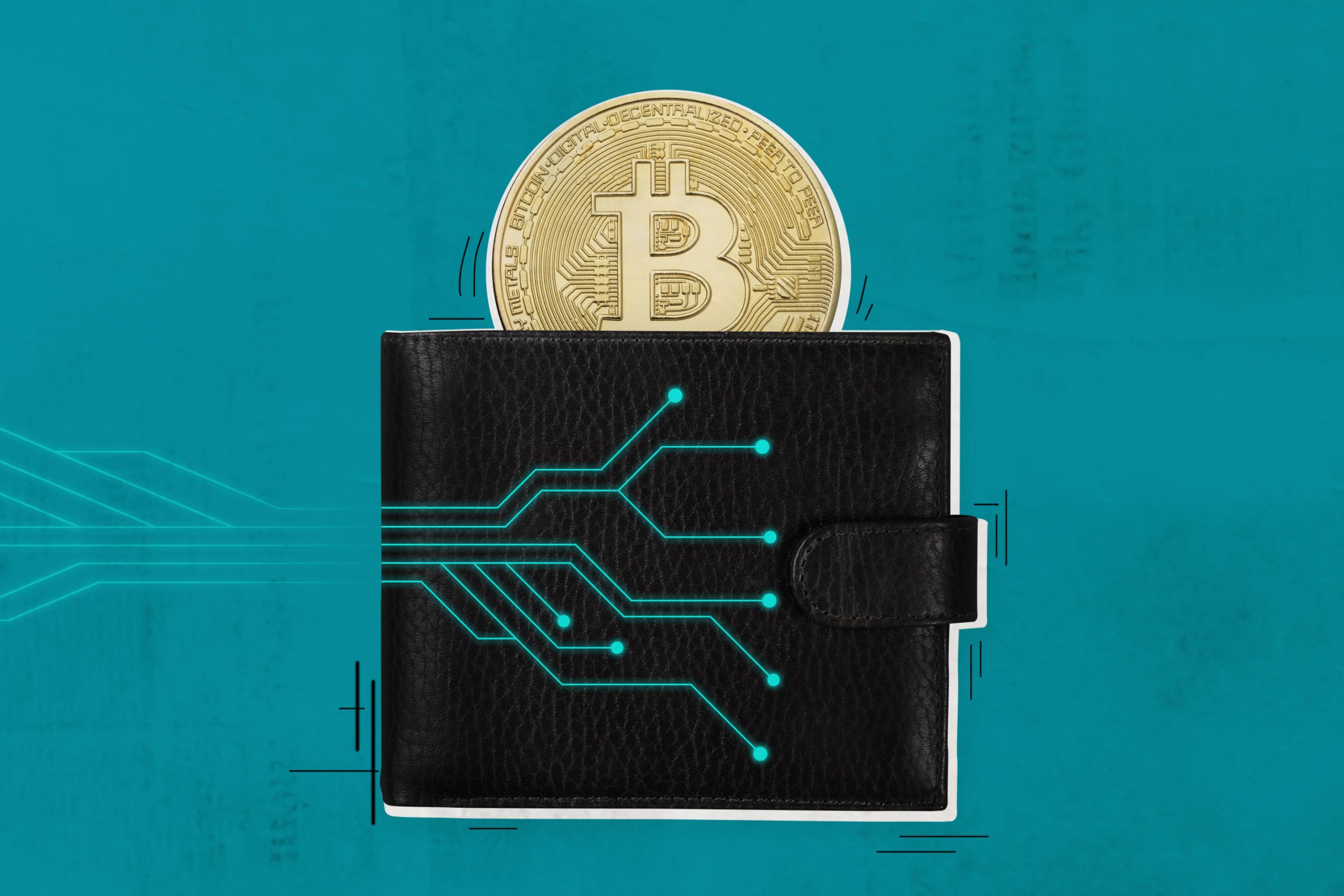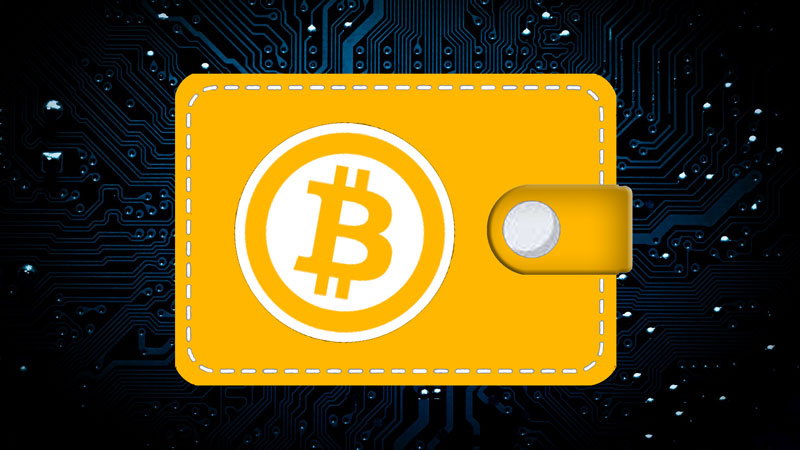Storing cryptocurrency directly on the exchange or at the exchange office where it was purchased seems to be the most convenient and simple option.
But it is not always safe, and finding the right wallet becomes quite a challenge, especially for beginners.
What to look for when choosing a wallet
Cryptocurrency wallets differ not only in price, but also in the set of functions. But how do you know if you need all these features or if they will be useless for you, what features should be available to each wallet?
The more features a wallet has, the more difficult it will be to work with and the more time it will take to learn it.For example, if you prefer usability, it may come at the expense of security. But security is probably the main reason why you are considering buying a cryptocurrency wallet.
Online wallets
Online wallets provide relatively fast access to money from any device connected to the Internet. At the same time, they are mostly risky – you can easily lose your cryptocurrency in the event of a stock market crash, theft or fraud.
Cloud online (web) wallet is usually created for the investor after registration on the exchange. It makes it easy to store cryptocurrencies and easily use them on a daily basis. You have such a wallet, for example, on the Binance or Coinbase exchanges.

Because the private key is owned by the company that manages these wallets, the wallet is not under your control. In the event of a hacker attack by a company, you can lose your cryptocurrency.
There are other risks – account blocking, which blocks the ability to withdraw your cryptocurrency, or confiscation of assets.
The exchange has the right to freeze funds only if there is a corresponding request from law enforcement agencies of any country. In all other cases, she is obliged to request all the necessary documents and release the funds.
For example, if money laundering is suspected, the exchange is obliged to collect additional documents on this fact and send them to the regulator.
If the regulator does not respond to the exchange within 30 days, the funds must be available to the user again. But sometimes these rules are not respected and the exchange blocks the account.
The service provides the services of an experienced compliance team that helps the client organize professional communication with the exchange about the problems that have arisen and prepare documents for filing a complaint with the relevant authorities if the problem with the exchange cannot be resolved amicably.
Desktop crypto wallets
Desktop wallets are wallets that you need to download and install on your computer. For example, the well-known Bitcoin Core. It will be available to the user only from one device.
By storing the private keys on the computer’s hard drive, these wallets are more secure than web wallets. However, as long as your computer is connected to the internet, the wallet remains vulnerable.
Therefore, if you use software wallets, be very careful about what you download from the Internet and what sites you browse.
Advantages:
- private keys belong to the user, not to a third party, which reduces the likelihood of external attacks;
- ease of use and many different functions,
- by disconnecting the computer from the Internet, the wallet can be converted to a “cold” form.
Flaws:
- if you are connected to the internet, the risk of an attack on your wallet increases,
- keys are stored offline, which can lead to loss of money in case of computer failure,
- the system requires regular backups to prevent the risks mentioned above,
- in the event of a virus or malware infection, even the wallet becomes vulnerable to hacker attacks.
Using computer wallets provides more security than web wallets. In addition, they offer a number of different features. If you use this wallet and intend to deposit larger amounts into it, be sure to put it in a “cold” state.
Mobile crypto wallets
Mobile wallets are a type of software wallet that a user downloads to a mobile phone as an application. These are relatively simple devices that are easy to manage because this type of wallet has become very popular lately.

Although it has various limitations due to the capacity of the phones. However, if you want to regularly pay with cryptocurrencies, you cannot avoid using a mobile wallet.
Mobile wallets are generally more secure than online wallets, but they are vulnerable to external attacks.
Advantages:
- fairly hassle-free orientation and ease of use,
- convenient when paying with cryptocurrency for purchases,
- some wallets offer additional features like scanning a QR code or using NFC wireless technology.
Flaws:
- the danger of an attack from the outside, especially if your phone is constantly connected to the Internet,
- if someone steals your phone, they can also get access to your wallet.
Hardware crypto wallets
Cryptocurrency wallet hardware is usually more secure than software solutions. They come in many forms, from a small USB stick to a larger device with its own display.
The wallet generates private keys securely offline. The advantage of offline mode is that your cryptocurrencies are not at risk of being attacked online.
Hardware wallets are great because you can always carry them with you and connect them to any computer if necessary. Another option is paper with a handwritten, so-called recovery seed.
However, especially for everyday use, such a solution is neither practical nor convenient. In addition, if the paper is lost, the owner will simply lose his code.
Hardware wallets and their uses are relatively well thought out. Even if you lose such a wallet or it gets stolen, all you need to do is buy a new one and use the recovery seed to move your cryptocurrencies into it again before someone else breaks the protection. However, if you lose the recovery seed, you may be in trouble.
Advantages:
- private keys are not subject to external threats associated with your computer, hardware wallets are not at risk
- of infection by viruses or malware;
- to complete a transaction, it is necessary to verify the device, which prevents possible external attacks;
- most wallets are protected by a PIN or other security feature (two-factor verification);
- in case of loss of the wallet, the money can be restored.
Flaws:
They are not free and can cost several thousand. The price for the “best” currently secure HW wallet ranges from $400 to $4000 depending on the model you choose.
